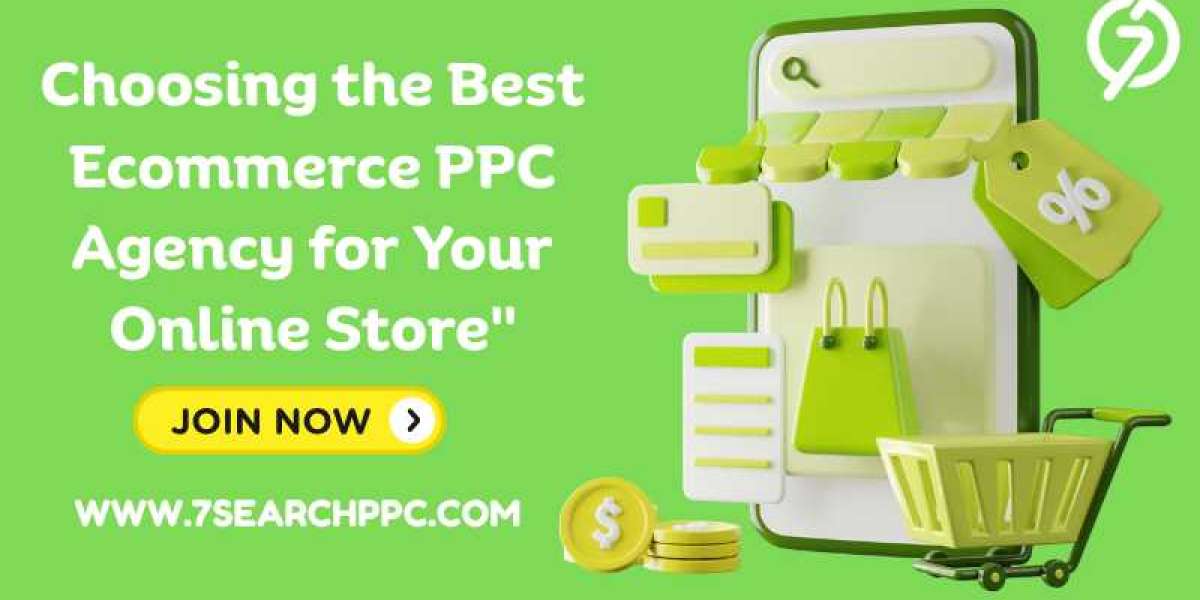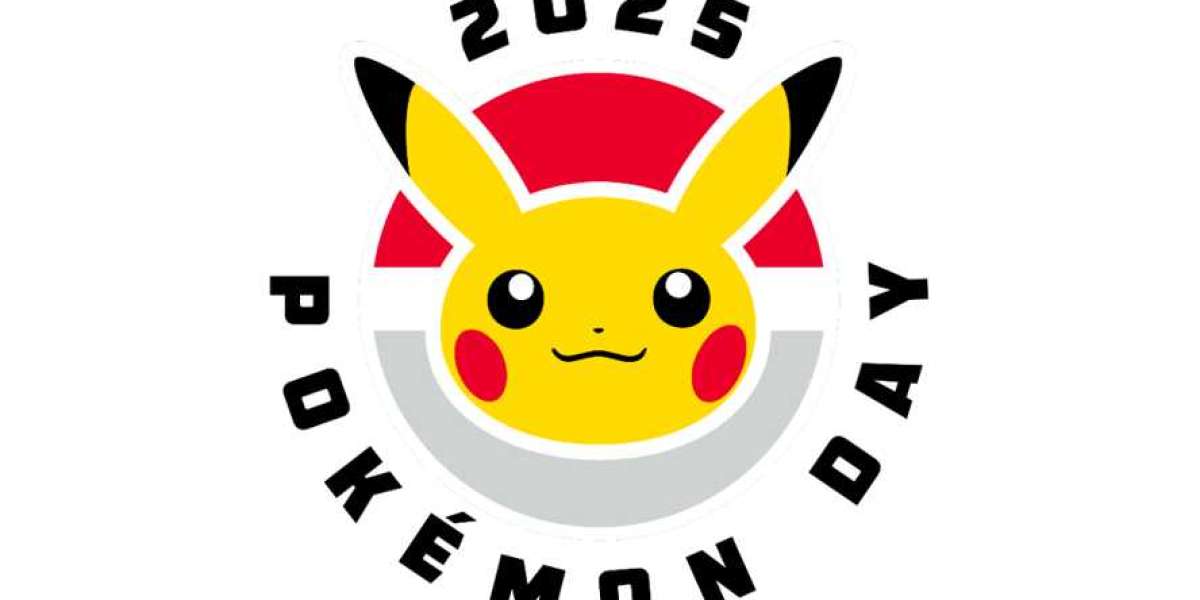In the ever-evolving world of digital marketing, Ecommerce Native Ads are emerging as one of the most powerful tools to engage audiences, increase sales, and drive traffic. As traditional advertising methods lose their effectiveness, native ads blend seamlessly into content, offering a less intrusive and more engaging experience.
If you're looking to scale your e-commerce business in 2025, it’s time to embrace the power of native ads for e-commerce. In this article, we’ll explore actionable strategies, top-performing examples, and the best native ad solutions that will help you succeed this year and beyond.
Sign Up Start Advertising Today!
What Are E-commerce Native Ads?
E-commerce native ads are promotional content formats that match the look, feel, and function of the media platform on which they appear. Unlike banners or pop-ups, native ads are non-disruptive and organically integrated into content feeds, making them more trustworthy and effective for e-commerce brands.
Why Use Native Ads for E-commerce?
- Higher Engagement Rates: Consumers are more likely to interact with content that feels organic.
- Improved Brand Trust: Native ads offer value first and sell second.
- Better ROI: When properly optimized, native ads outperform many PPC advertising formats.
Top Strategies to Succeed with E-commerce Native Ads in 2025
Understand Your Audience Deeply
Before you launch any campaign, spend time researching your ideal customer. Create detailed buyer personas that include demographics, buying habits, interests, and preferred online platforms.
Tools to Use for Audience Research:
- Google Analytics
- Facebook Audience Insights
- SEMrush or Ahrefs
A deep understanding of your audience allows you to craft native ads that resonate and convert.
Focus on Content-Driven Ads
In 2025, content will continue to reign supreme. Content-driven native ads that educate, entertain, or solve a problem perform significantly better than direct selling.
Example:
Instead of promoting a product with “Buy Now,” run an ad with a headline like:
“5 Must-Have Kitchen Gadgets That’ll Save You Hours Every Week”
This approach leads readers to a product-rich blog or landing page, enhancing trust and boosting conversions.
Use High-Converting Landing Pages
Once the user clicks on your native ad, the next step is crucial: the landing page.
Best Practices for E-commerce Landing Pages:
- Mobile-optimized design
- Clear and concise headlines
- Trust signals (reviews, ratings, badges)
- Fast load speed
- Simple CTA
Your landing page should be tightly aligned with the ad content to maintain consistency and reduce bounce rates.
Test and Optimize Continuously
One of the biggest advantages of native ads for e-commerce is the ability to A/B test every element.
Test These Variables:
- Headlines
- Images
- CTA placement
- Audience segments
- Platform targeting
Use platforms that offer robust analytics and reporting to gain insights and improve ROI over time.
Leverage Native Ad Networks Specialized for E-commerce
Not all native ad platforms are created equal. Choosing a platform tailored for e-commerce will significantly affect your campaign’s success.
Top Native Ad Solutions for E-commerce in 2025:
- Taboola: Excellent for content-driven campaigns
- 7Search PPC: A growing native ad platform perfect for small to mid-sized e-commerce businesses
- Outbrain: Best for storytelling and blog-style ads
- Revcontent: High engagement with premium publishers
- MGID: Affordable and flexible targeting options
- Yahoo Gemini: Great mix of search + native
Each network has its strengths, so test a few to see which aligns best with your goals.
Incorporate Video-Based Native Ads
Video content continues to capture the attention of users. With TikTok, Instagram Reels, and YouTube Shorts experiencing exponential growth, native video ads should be part of your 2025 e-commerce ad strategy.
Tips for Effective Video Native Ads:
- Keep it under 30 seconds
- Highlight product benefits within 5 seconds
- Add captions (many users watch without sound)
- End with a compelling CTA
Retarget Warm Traffic
Native ads are great for top-of-funnel awareness, but retargeting completes the sales funnel.
Use native retargeting to show personalized ads to users who visited your site but didn’t convert. Retargeting boosts ecommerce ROI by recapturing lost opportunities.
Best PPC Retargeting Platforms:
- Google Display Network (via Discovery Ads)
- Facebook Native Ads
- Native programmatic platforms like StackAdapt or AdRoll
Best Examples of Native Advertising in Ecommerce
Here are a few real-world examples of ecommerce brands using native advertising effectively:
Example 1: Casper
Casper partnered with media sites like Buzzfeed to create listicles such as:
“10 Sleep Habits You Didn’t Know You Needed”
These articles subtly embedded links to Casper’s mattresses, combining value with promotion.
Example 2: Dollar Shave Club
They ran native videos on Facebook and Instagram that explained the value of their subscription service in a humorous, story-driven format—perfect for native advertising.
Example 3: Wayfair
Wayfair uses native display ads that mimic Pinterest-style content. Their shoppable content blends seamlessly into users’ feeds while showcasing products in real-life settings.
Measuring Success: Key Metrics to Track
Tracking the right metrics is essential for optimizing your campaigns. Here are the top KPIs for ecommerce native ads:
- Click-Through Rate (CTR)
- Conversion Rate (CVR)
- Cost Per Click (CPC)
- Cost Per Acquisition (CPA)
- Return on Ad Spend (ROAS)
- Bounce Rate
- Average Session Duration
Use tools like Google Ads, Facebook Ads Manager, and native ad dashboards to monitor performance and pivot when necessary.
Conclusion
As the digital advertising landscape evolves, Ecommerce Native Ads stand out as a top-performing strategy for brands aiming to capture attention without being intrusive. By delivering value-driven, content-first experiences, native ads bridge the gap between discovery and conversion more effectively than traditional display or PPC advertising.
In 2025, success in e-commerce advertising will depend on your ability to blend storytelling with selling, leverage the right platforms, and consistently optimize for results. Whether you're just starting or looking to scale, native ads offer a powerful, scalable, and ROI-driven solution.
FAQs: Frequently Asked Questions
Are native ads better than traditional PPC for ecommerce?
Ans: Yes, native ads tend to have higher engagement and lower ad fatigue compared to traditional PPC. They are especially effective in top-of-funnel campaigns and content-driven product discovery.
How much do ecommerce native ads cost?
Ans: Costs vary based on the platform and targeting, but CPCs typically range between $0.10 and $1.50. Native ad campaigns can be more cost-effective in the long run due to higher conversion rates.
Can small ecommerce businesses use native advertising?
Ans: Absolutely. Many native ad platforms offer flexible budgets. Start small, test different creatives, and scale what works.
What's the difference between native ads and display ads?
Ans: Display ads are often banner-based and can be disruptive. Native ads blend into the content feed and match the form and function of the platform, resulting in better engagement.
What platforms are best for native ads for e-commerce?
Ans: Some top platforms include Taboola, Outbrain, Revcontent, MGID, Facebook Audience Network, and Yahoo Gemini.








